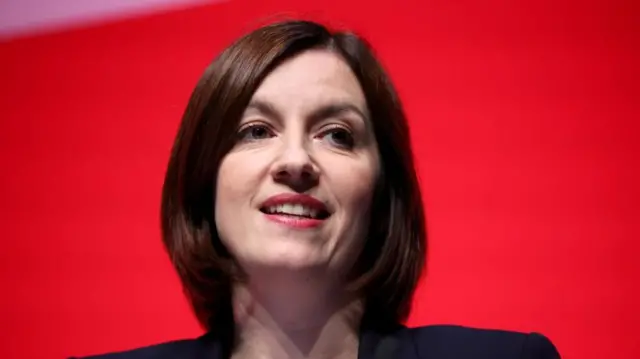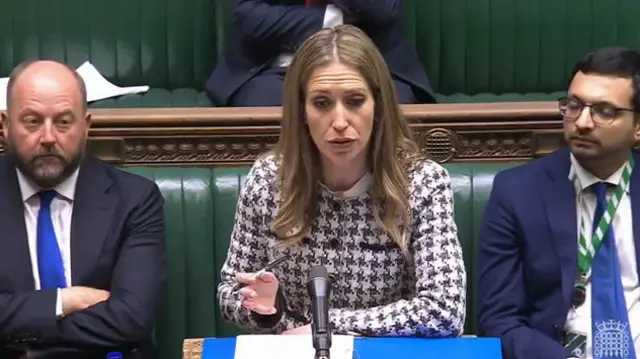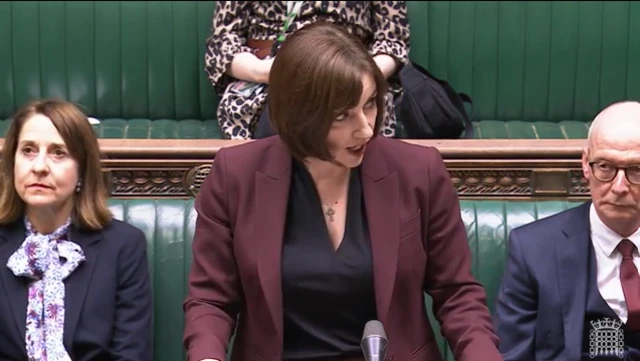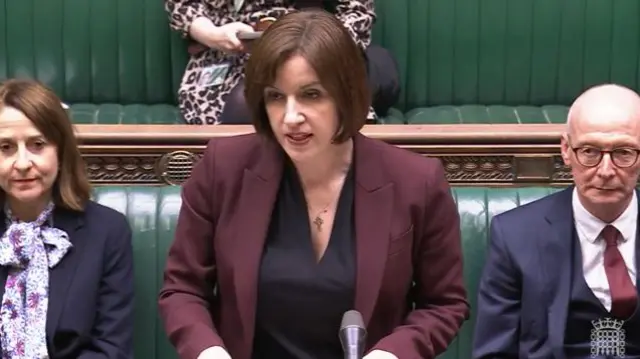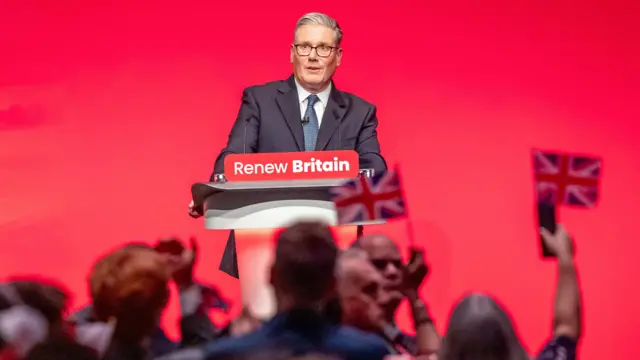
Students are already acutely aware of the cost of going to universitypublished at 19:02 BST
 Branwen Jeffreys
Branwen Jeffreys
Education editor
It’s now clear tuition fees will go well over £10,000 a year in this parliament, but there is little evidence on recent experience that those fees will deter 18-year-olds from choosing university.
There are signs of other shifts though, including a growing number of "commuter students", who choose to live at home.
Although maintenance loans will also be linked to inflation, they have fallen far behind the real cost of living for a university student. In some cities, rent alone would account for most of the maximum loan of just over £12,000.
While living costs are the most immediate issue for parents and students, the increase in tuition fees will increase the total borrowing for students in England.
Already, graduates in England repay most of the cost of their university education once they are earning, far more than across the rest of the UK.
In Scotland, for example, where there is a limit on the number of university places, there are no tuition fees.
- We're ending our live coverage now. Thanks for joining us
